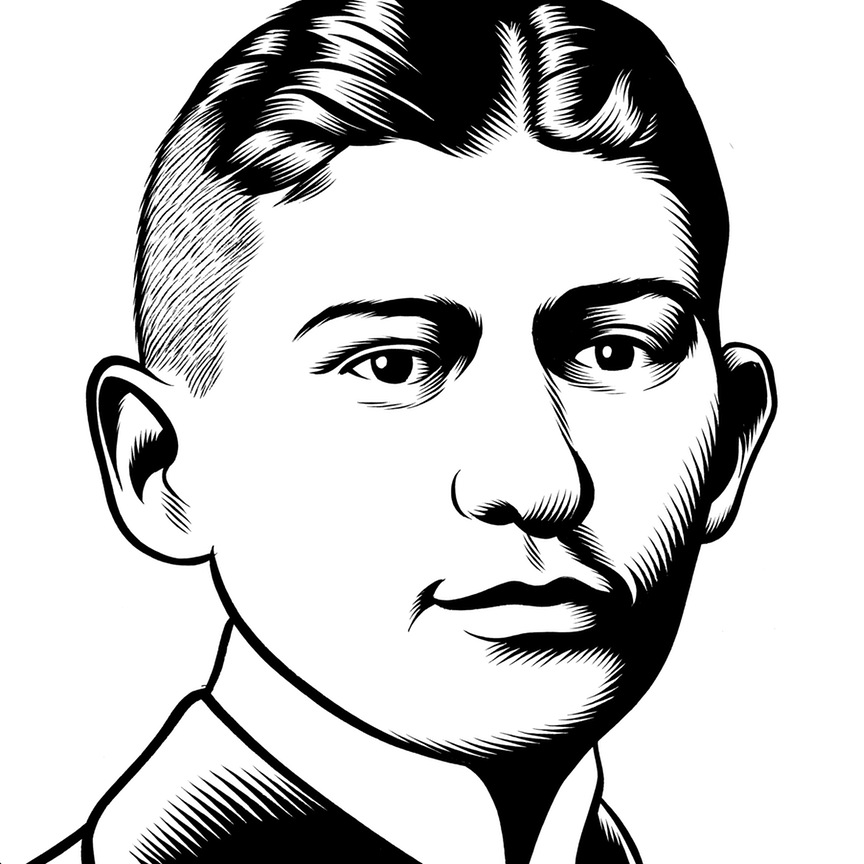
JONATHAN LETHEM: What were you doing today before I appeared in your house?
PAUL AUSTER: The usual. I got up in the morning. I read the paper. I drank a pot of tea. And then I went over to the little apartment I have in the neighborhood and worked for about six hours. After that, I had to do some business. My mother died two years ago, and there was one last thing to take care of concerning her estate—a kind of insurance bond I had to sign off on. So, I went to a notary public to have the papers stamped, then mailed them to the lawyer. I came back home. I read my daughter’s final report card. And then I went upstairs and paid a lot of bills. A typical day, I suppose. A mix of working on the book and dealing with a lot of boring, practical stuff.
JL: For me, five or six hours of writing is plenty. That’s a lot. So, if I get that many hours the other stuff feels satisfying. The other stuff feels like a kind of grace. But if I have to do that stuff when I haven’t written—
PA: Oh, that’s terrible.
JL: That’s a terrible thing.
PA: I’ve found that writing novels is an all-absorbing experience—both physical and mental—and I have to do it every day in order to keep the rhythm, to keep myself focused on what I’m doing. Even Sunday, if possible. If there’s no family thing happening that day, I’ll at least work in the morning. Whenever I travel, I get thrown off completely. If I’m gone for two weeks, it takes me a good week to get back into the rhythm of what I was doing before.
JL: I like the word “physical.” I have the same fetish for continuity. I don’t really ask of myself a given word or page count or number of hours. To work every day, that’s my only fetish. And there is a physical quality to it when a novel is thriving. It has an athletic component. You’re keeping a streak going.
PA: Writing is physical for me. I always have the sense that the words are coming out of my body, not just my mind. I write in longhand, and the pen is scratching the words onto the page. I can even hear the words being written. So much of the effort that goes into writing prose for me is about making sentences that capture the music that I’m hearing in my head. It takes a lot of work, writing, writing, and rewriting to get the music exactly the way you want it to be. That music is a...
You have reached your article limit
Sign up for a digital subscription and continue reading all new issues, plus our entire archives, for just $1.50/month.
Already a subscriber? Sign in




